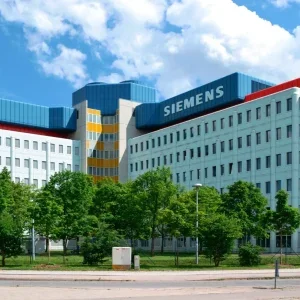
Rio Tinto has approved an investment of $2.5bn to expand its commercial-scale lithium operation Rincon lithium project in Argentina.
Through the expansion, Rio Tinto aims to increase the Argentinian lithium project’s production capacity to 60,000 tonnes of battery-grade lithium carbonate per year. This will include a 3,000-tonne starter plant and a 57,000-tonne expansion plant.
The mine life of the Rincon lithium project is estimated at 40 years. Construction on the expanded plant is set to commence in mid-2025, pending permitting.
The first production from the Argentinian lithium project is expected in 2028. A three-year ramp-up period will follow, targeting full production capacity.
Located in Salar del Rincón in Salta Province, Argentina, the Rincon project includes brine extraction facilities, processing plants, waste systems, and supporting infrastructure.
The project employs direct lithium extraction (DLE) technology, which enhances water conservation, reduces waste, and ensures consistent lithium carbonate production compared to conventional methods.
The Rincon lithium project is also expected to create substantial job opportunities and economic benefits for local businesses.
Rio Tinto’s investment builds on the milestone of achieving first lithium production at the Rincon 3,000-tonne starter plant last month, 32 months after acquiring the greenfield project.
According to Rio Tinto, the Rincon project’s ore reserves are now 60% higher than initially estimated at the time of acquisition. Positioned in the first quartile of the cost curve, the asset is expected to demonstrate strong resilience and profitability across market cycles.
Rio Tinto chief executive Jakob Stausholm said: “The attractive long-term outlook for lithium driven by the energy transition underpins our investment in Rincon. We are dedicated to developing this tier 1, world-class resource at scale at the low end of the cost curve.
“We are equally committed to meeting the highest ESG standards, leveraging our advanced technology to halve the amount of water used in processing, while continuing to grow our mutually beneficial partnerships with local communities and Salta province.”
The company plans to maintain close collaboration with local communities, the Salta provincial government, and the Argentinian government to build on the progress achieved since the project’s initiation in 2022.






